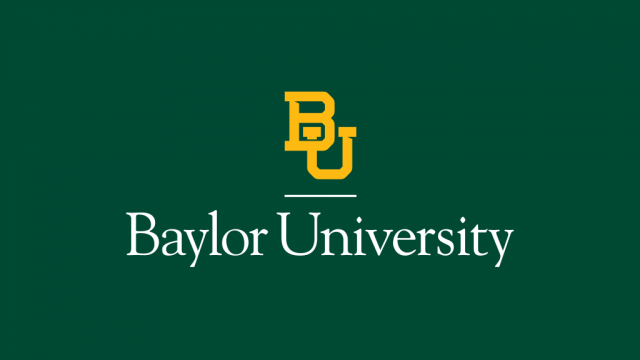Newswise — People who think they know it all — or at least, know a lot — may be on to something, according to a Baylor University study.
The finding was a surprise to researchers at Baylor and the University of Mary Hardin-Baylor, who had theorized that “intellectual humility” — having an accurate or moderate view of one’s intelligence and being open to criticism and ideas — would correlate with academic grades.
But being full of oneself when it came to rating one’s intellectual arrogance — an exaggerated view of intellectual ability and knowledge — instead generally predicted academic achievement, especially on individual course work. The research — “Contrasting self-report and consensus ratings of intellectual humility and arrogance” — is published in the Journal of Research in Personality and funded by a grant from The John Templeton Foundation.
The study also revealed that:• With group projects, other team members gave better evaluations to those they saw as humble and willing to learn — and that has important implications when collaboration is needed in the classroom, workplace and other situations, said lead author Benjamin R. Meagher, now a visiting assistant professor at Franklin & Marshall College in Lancaster, Pennsylvania.
• When rating themselves on a “humble-ometer,” people generally did not see themselves as others saw them. That means that nearly everyone may agree that someone like, say, Donald Trump is egotistical — except Donald Trump, said researcher Wade C. Rowatt, Ph.D., professor of psychology and neuroscience in Baylor’s College of Arts & Sciences.
• People can agree or reach consensus about whether another person is intellectually humble or intellectually arrogant, but “it takes time,” Rowatt said.In the study, 103 undergraduate students worked for a semester in groups of four to six members in upper-level psychology courses. They did varied tasks, both individually and together. Then they took tests — first individually, then with fellow group members, who gave feedback on each member’s work. Students earned credit for individual and group performances.
Afterward, each person completed a questionnaire judging the personalities of each group member, including themselves. They measured “intellectual humility,” based on such traits as “open to criticism” and “knows what he/she is not good at.” They also measured “intellectual arrogance,” based on such qualities as “is close-minded” and “believes own ideas superior to others’ ideas.”
Other traits also were evaluated, among them assertiveness, intelligence, self-discipline, openness and sense of humor. Many who rated themselves high in humbleness also rated themselves high on such virtues as competence, agreeableness and leadership. Groups tended to view people as intellectually arrogant whom they saw as being high in dominance, extraversion and wanting to be the center of attention, but low in agreeableness and conscientiousness.
As for those who viewed themselves as intellectually arrogant, “one possibility is that they know what they know and that translates to increases in academic performance,” Rowatt said.
In this part of the study, participants were able to reach a statistically significant consensus about how they viewed a person, researchers said.
That was not the case in another portion, however. In it, 135 participants who did not know one another were split into groups of three to five and spent only about 45 minutes together to share their strengths and weaknesses, brainstorm about a theoretical scenario in which they had extra fingers, work together on math and verbal questions and discuss their results.
“If people are forming opinions about extraversion and someone talks a lot, it’s easy to draw consensus about that person,” Meagher said. “But it’s more challenging for groups to recognize what behavior reveals another person's humility, as opposed to simply being shy or unsure.
“What I think is important about intellectual humility is its necessity for not only science, but for just learning generally — and that applies to the classroom, a work setting, wherever,” he said. “Learning something new requires first acknowledging your own ignorance and being willing to make your ignorance known to others. People clearly differ in terms of their willingness to do something like that, but that willingness to learn, change one's mind and value the opinion of others is really needed if people and groups are going to develop and grow.”
MEDIA CONTACT
Register for reporter access to contact detailsCITATIONS
Journal of Research in Personality
